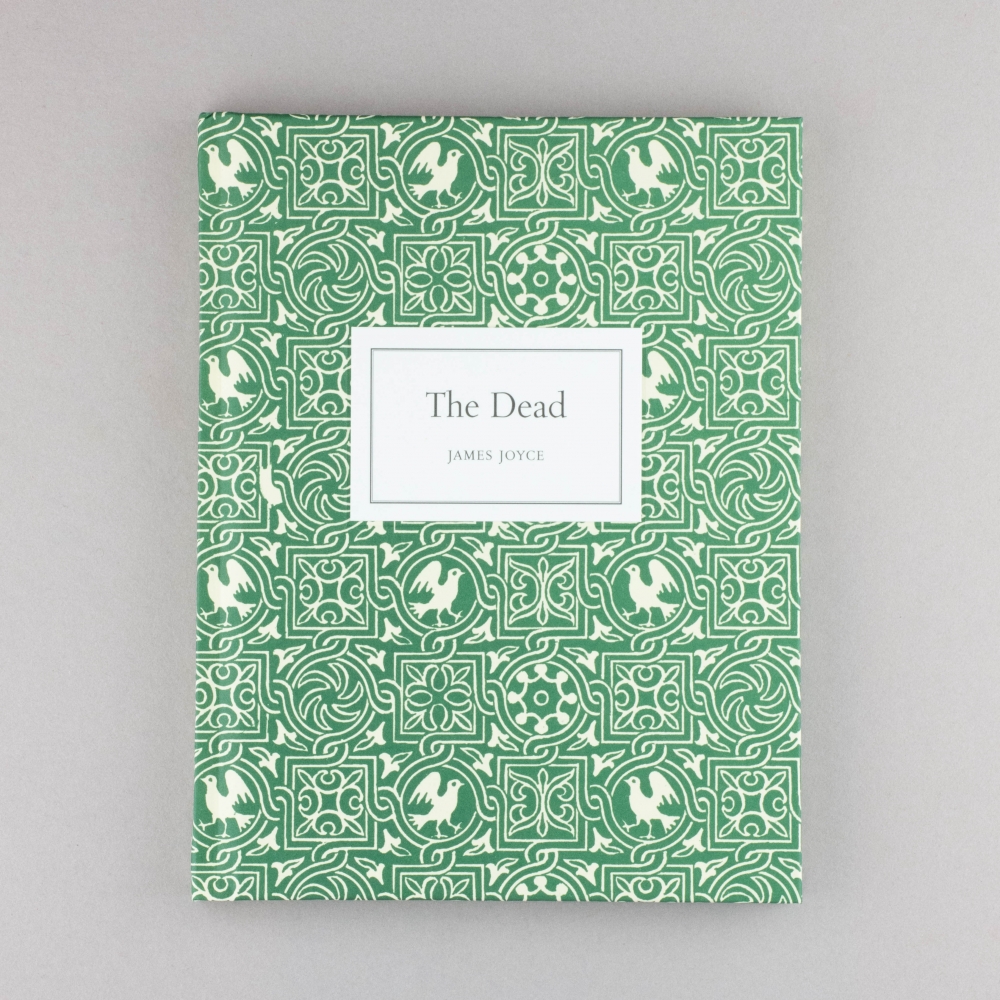
The entire trajectory of Joyce’s career was played out in what I believe to be a largely unsuccessful attempt to shake off what he felt was the claustrophobic pressures of nation and church.

But his words are the ones that resonate deepest with me when I contemplate the season. Snowy landscapes are likely not your first visual association with the work of Irish fiction writer and poet James Joyce (1882–1941). But whenever I’m out shovelling our driveway, even on a seriously socked-in day that calls me back for a second or third shift, I try to take a moment to straighten my back, set hands atop shovel, and marvel at the supernatural beauty of a taken-for-granted world that has been so magically renewed. Of course, celestial meditations are typically far from mind if you’re scraping off a car window or salting a sidewalk. Snow somehow primes the mind for unexpected revelations, reminding me that there are larger games afoot in our universe than those that ordinarily monopolize our attention. For those of us with a religious inclination, it alerts us to other apprehensions of divinity, and even eternity. You look out the window and observe this element of delightful sabotage. Silent in its approach and accumulation, snow can catch us unawares by its sudden physical presence.

But there are sound spiritual reasons for longing to see one’s environs blanketed with snow. Many people no doubt roll their eyes in scoffing dismissal when they hear the commonly expressed-and almost as commonly crooned-wish for a White Christmas.


 0 kommentar(er)
0 kommentar(er)
